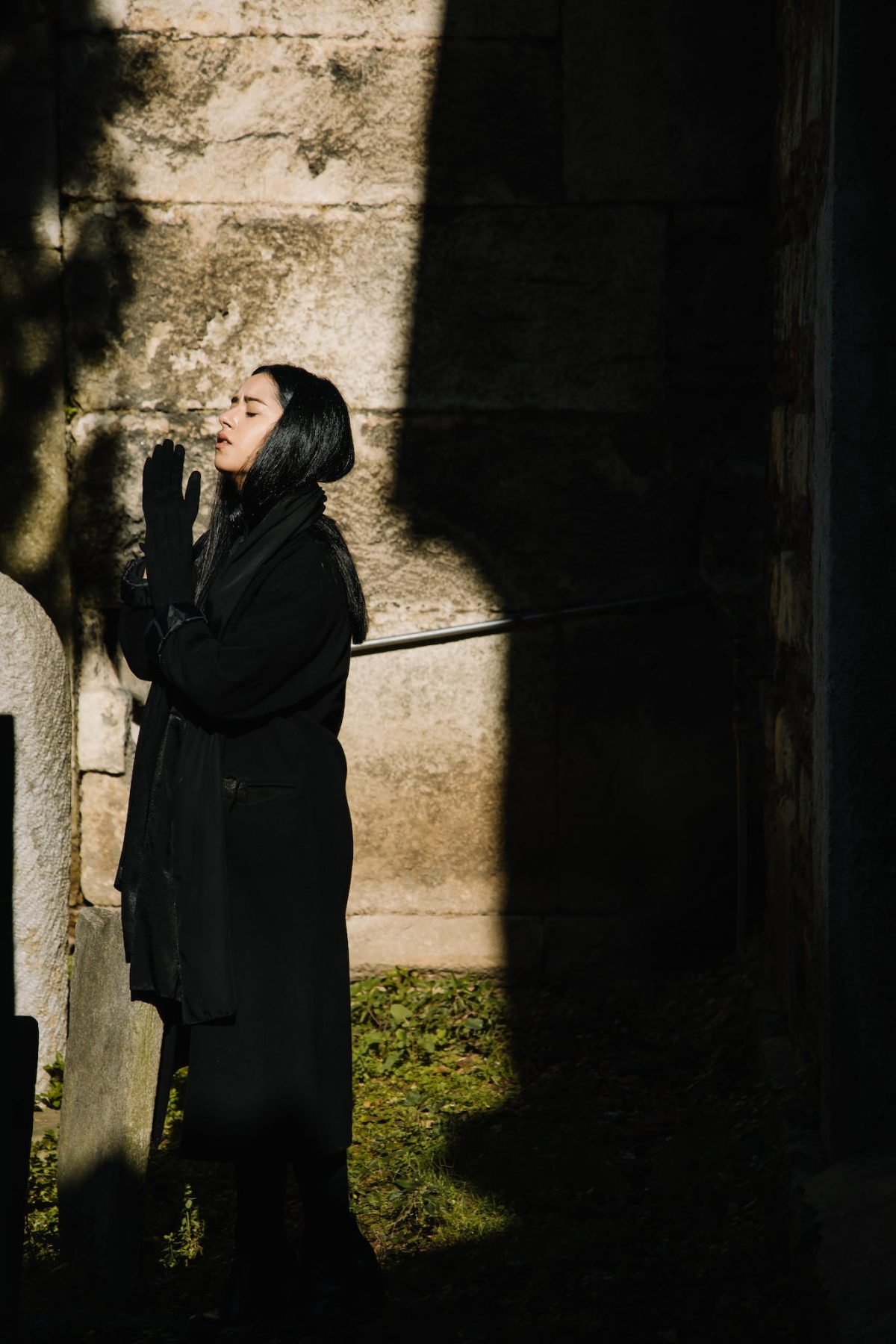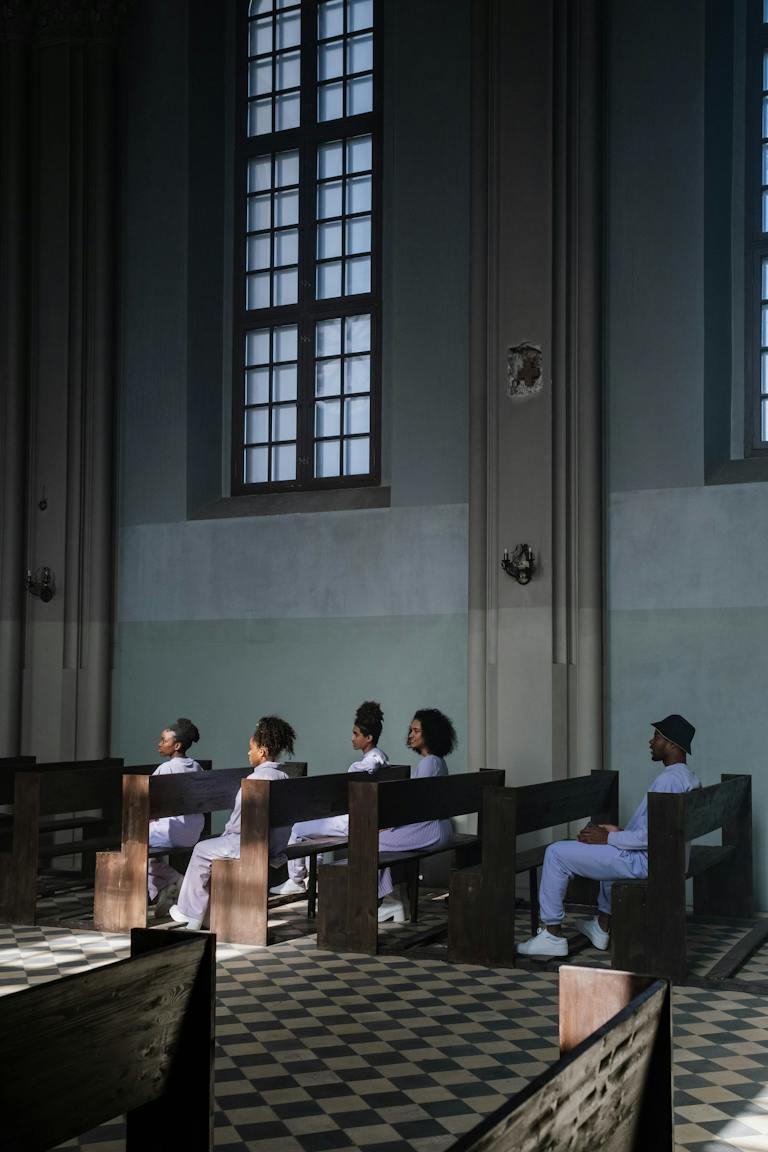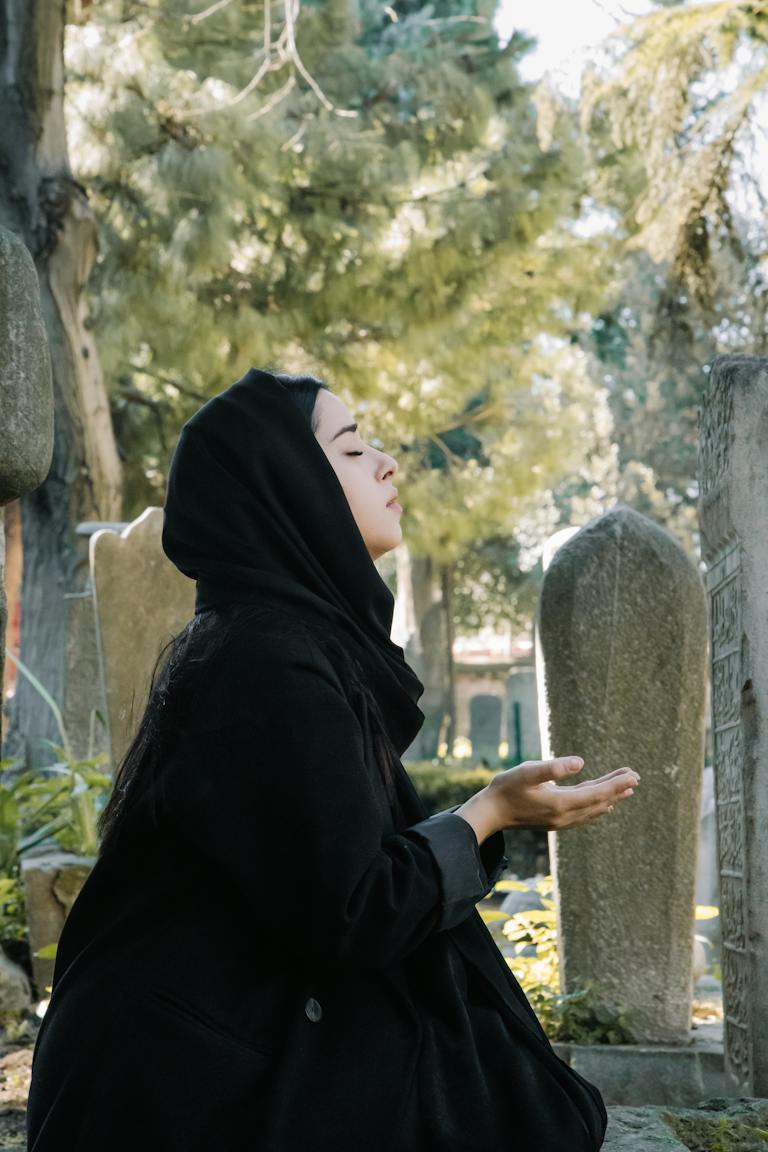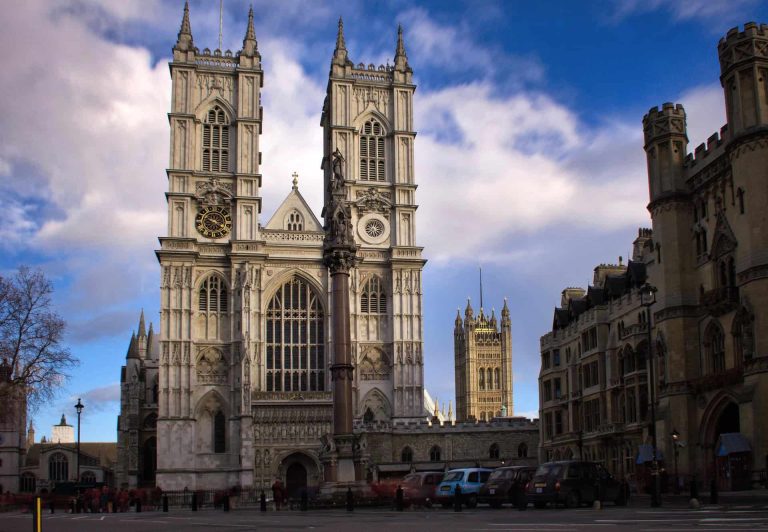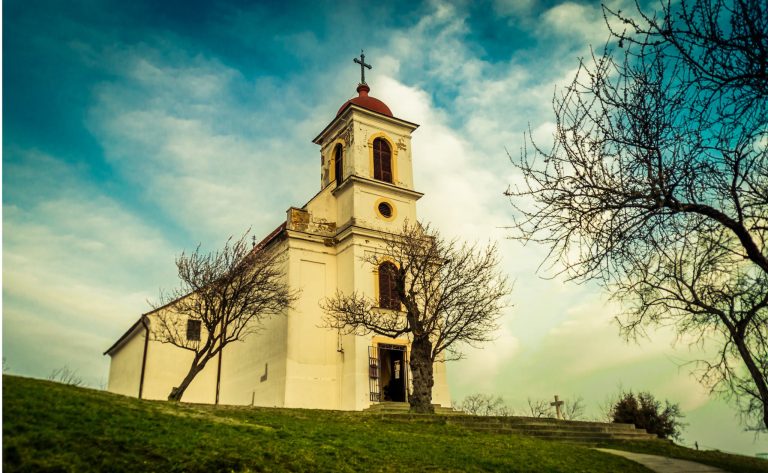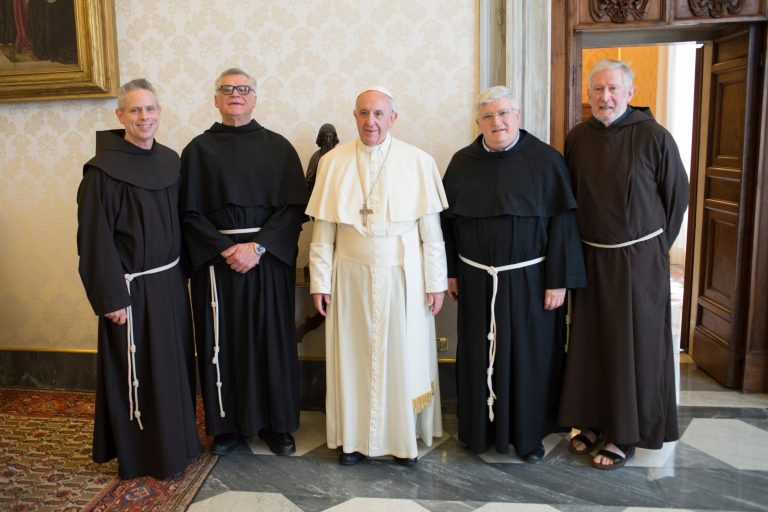Does the Catholic Church Still Believe in Purgatory?
The Catholic Church absolutely still believes in the existence of purgatory. Purgatory remains an essential part of Catholic dogma and doctrine to this day.
What is Purgatory According to Catholicism?
According to the Catechism of the Catholic Church, purgatory is defined as:
“All who die in God’s grace and friendship, but still imperfectly purified, are indeed assured of their eternal salvation; but after death they undergo purification, so as to achieve the holiness necessary to enter the joy of heaven.” (CCC 1030)
So in essence, purgatory is thought to be a state or process of purification after death for souls destined for heaven. Souls in purgatory are believed to be assured of reaching heaven eventually, once they have been cleansed of any remaining defects, sins, or attachments to sin.
This purification process is necessary because even forgiven sins can still carry temporal punishment due to the damage caused to the soul. The conditions and duration of this purification process are unknown, though they are believed to differ for each soul according to their particular judgment by God.
The Biblical Basis for Belief in Purgatory
While the word “purgatory” never appears specifically in scripture, Catholics believe there is a biblical basis for belief in this intermediate state and process of cleansing after death.
Key Scripture passages pointed out include:
2 Maccabees 12:38-46
This passage speaks about prayers and atonement for the souls of deceased soldiers. The passage implies the existence of an afterlife state where sins can be cleansed.
1 Corinthians 3:10-15
This passage describes a “cleansing fire” that will test each person’s works after death to see if they have spiritual value. Good works survive, but those that don’t are “burned up” yet the person is still saved, though through fire. This metaphor is seen as a description of the purgation of sin and imperfections.
Matthew 5:48
Be perfect, therefore, as your heavenly God is perfect.” This points to the necessity of purification from sin and imperfections to reach the perfection of heaven.
Matthew 12:32
It suggests the possibility of forgiveness and cleansing for some sins “in the age to come”, implying purgation in an intermediate state between earthly life and heaven.
So while not definitively proving the existence of purgatory, these and a few other passages are seen as strongly hinting at the necessity and process of further purification of souls after death before entering heaven.
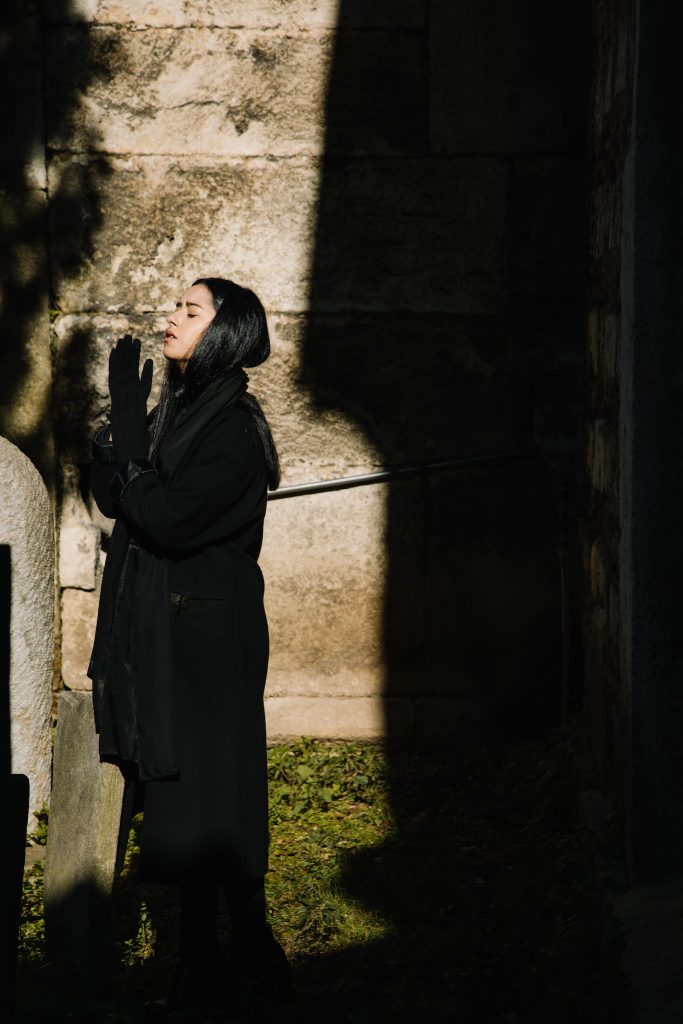
How Does the Catholic Church Believe Souls Progress Through Purgatory?
According to Catholic doctrine, purgatory is not itself a “third destination” besides heaven and hell. It is rather part of the process of salvation, allowing already-saved souls bound for heaven to undergo final sanctification.
The Church believes souls in purgatory do ultimately reach heavenly glory, the timing of which depends on the degree of purification needed. This may occur quickly or slowly, perhaps over very long periods of time, involving intense suffering. However, the suffering is believed to differ from the eternal punishments of hell in important ways.
Catholics also believe the process can be assisted through prayers by souls still on earth. In particular, offerings of Mass intentions, indulgences, works of charity, and other pious acts of faith by the living are seen as speeding up the cleansing of souls in purgatory.
How has Belief in Purgatory Developed Over History?
While the New Testament and early Church Fathers gave hints about an intermediate state and process of cleansing after death, the formulation of official church doctrine on purgatory took several centuries. Key milestones include:
6th Century
Pope St. Gregory the Great popularized the notion of “purgatorial fire” cleansing imperfect souls destined for heaven. He also promoted prayer and masses for the dead in purgatory.
12th Century
Theologians Peter Lombard and Hugh of St. Victor elaborated explanations of purgatory and how souls could be sped through it via prayers and masses from those still alive.
1274
The Second Council of Lyons formally confirmed the existence of purgatory as church doctrine at a high level.
1439
The Catholic Church affirmed at the Council of Florence that purification after death exists and souls in purgatory can receive benefit from the prayers and masses of the living. This remains Catholic dogma today.
So in summary – belief in purgatory as an intermediate state of cleansing has been present for centuries and was strengthened over time to become formal Catholic dogma by the late middle ages. It remains an unchanged, essential doctrine still today.
What Role does Purgatory Play in Modern Catholic Practice?
Despite being a long-established doctrine, belief in purgatory remains very practically relevant in the life and practice of Catholics today. Key ways purgatory continues to be featured include:
Prayer for the Deceased
It is common Catholic practice to routinely pray for dead loved ones to speed their purification and entry into heaven. This includes offering masses, indulgences, and personal prayers on their behalf.
All Souls Day
This is an important Catholic holy day on November 2 each year, dedicated specifically to praying for souls in purgatory. Special masses and ceremonies are conducted on this day, asking for their deliverance to heaven.
Doctrine of Indulgences
Special indulgences can still be gained today by Catholics to help shorten the duration of purification for souls in purgatory who have already been saved but not fully cleansed.
So modern Catholic life and practice very much include belief in helping departed souls through the process of purgatory through prayer and uniting suffering to Christ. Purgatory remains integral to both formal theology and loving devotion.
Conclusion: An Enduring Catholic Doctrine
While details and understanding have developed over centuries, Catholic dogma has affirmed belief in a state of purgation after death for the destined-to-be saved since at least the 6th century. Today, it stands as formal doctrine and plays an active role in Catholic practice through praying for those who have died but await final sanctification.
So in summary, yes, the Catholic Church very much still believes souls go through an intermediate process of cleansing called “purgatory” before entering heaven. It is considered biblical, consistent with tradition, indispensable in formulating a complete theology of salvation, and very relevant to helping Catholics grow closer to God now by assisting those departed still undergoing their final journey to perfection.

